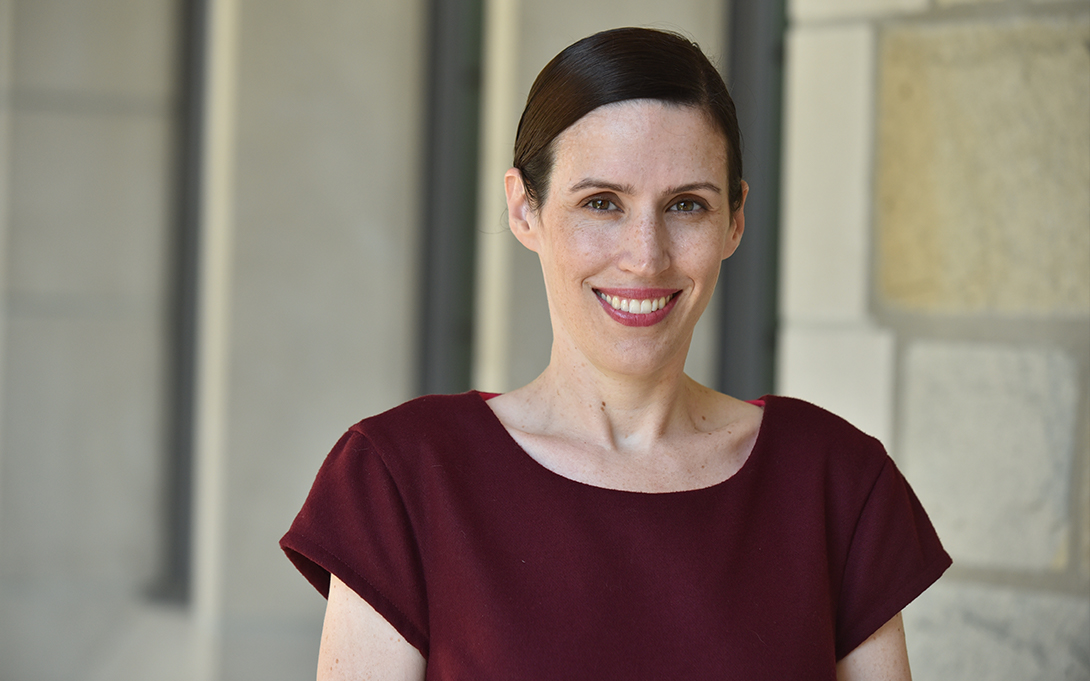
Ford School professor Megan Tompkins Stange is asking: What should the role be of philanthropy during the COVID-19 crisis? She studies the power and influence of philanthropy on public policy and politics.
In a recent Vox article, “These are the trade-offs we make when we depend on billionaires to save us,” Tompkins-Stange expressed the importance of philanthropic giving to meet urgent needs, but cautioned about the short- and long-term implications of their influence and power on our country’s response to the crisis.
“We do need billionaires to donate their resources when a state has failed so abjectly,” said Tompkins-Stange. “At the same time, opening up all these avenues for philanthropies to provide for the public need — even in the short term — provides more space for them after the crisis to leverage that into new democratic legitimacy.”
In particular, Tompkins-Stange is concerned about the potentially outsized influence tech elites could have in shaping U.S. policy in response to the pandemic and afterward. In doing so, extreme wealth could translate into political power.
“My concern is when Donald Trump calls up Larry Ellison and says, ‘Hey, what do you think? What should I do?’ Because Larry Ellison is, again, not an infectious disease expert,” said Tompkins-Stange. “Larry Ellison is not accountable to a public that voted for him.”
To read the full article by Vox, go here.
Megan Tompkins-Stange is an assistant professor of public policy at the Ford School. She is the author of Policy Patrons: Philanthropy, Education Reform, and the Politics of Influence (Harvard Education Press, 2016). She is a scholar of education policy and philanthropy, focusing on the influence of private foundations on the politics of K-12 school reform. She received her PhD in education policy and organization studies from Stanford University.
